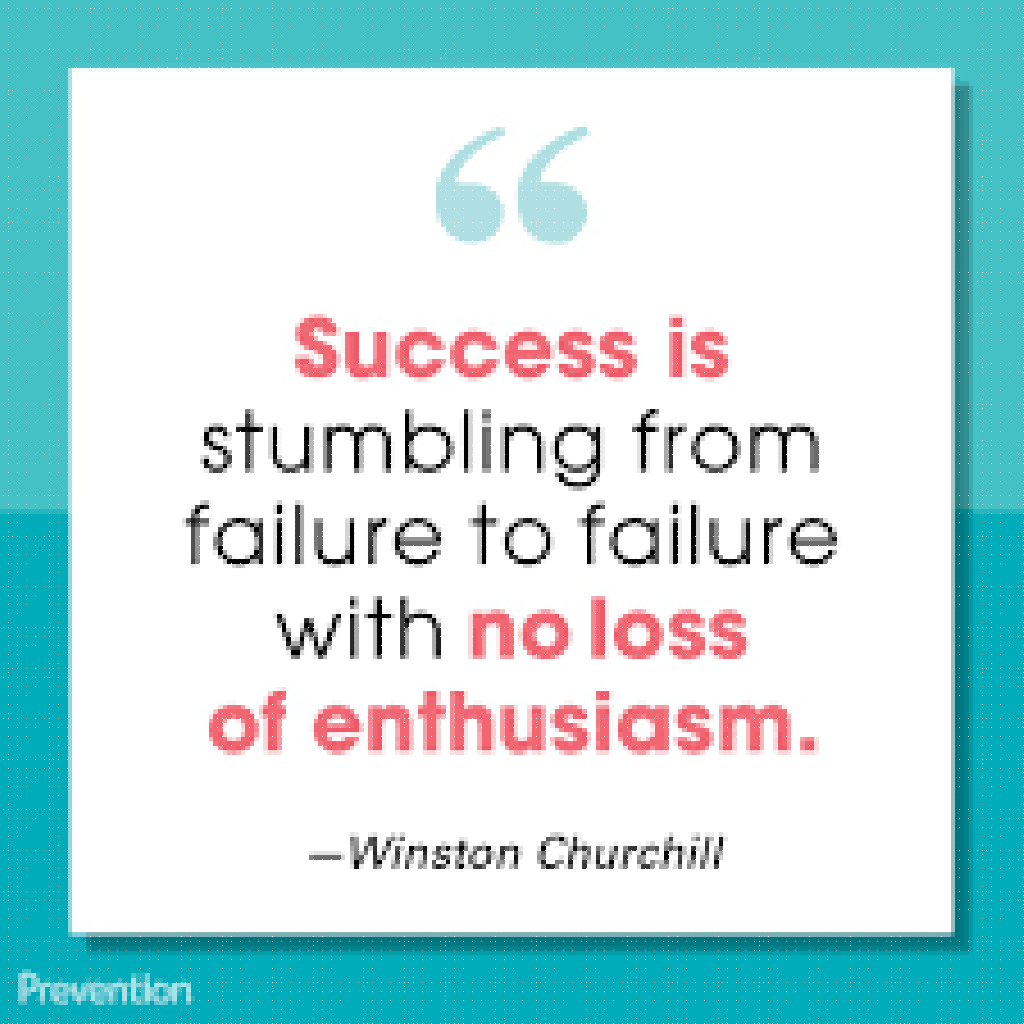Key Takeaways:
- Strategic vision and effective risk management are critical for entrepreneurial success.
- A strong customer value proposition can differentiate a startup in a competitive market.
Introduction
In today’s competitive business landscape, entrepreneurs face numerous challenges, making it vital to develop a clear strategic vision. A well-defined strategy not only helps in navigating risks but also encourages innovation and growth. This article will explore how a strategic vision encompasses essential components of entrepreneurship, including effective risk management and creating compelling customer value propositions.
What is Strategic Vision in Entrepreneurship?
Strategic vision refers to the long-term goals and direction of an entrepreneur’s business. It is the foundation upon which businesses build their plans and measure progress. Having a robust strategic vision enables entrepreneurs to align their operational activities and engage their team, leading to more effective execution of their goals. For entrepreneurs, this not only provides clarity but also serves as a guiding principle during uncertain times.
Why is Risk Management Important for Entrepreneurs?
All entrepreneurs face risks, ranging from financial uncertainties to market volatility. Effective entrepreneurial risk management strategies involve identifying, assessing, and mitigating these risks while pursuing business opportunities. Developing a strategic vision that incorporates risk management encourages entrepreneurs to adopt a proactive rather than reactive approach.
For instance, entrepreneurs can look to SWOT (Strengths, Weaknesses, Opportunities, Threats) analysis to understand the risks associated with their business environment. This allows them to prepare for adverse conditions adequately, making strategic decisions that minimize potential losses.
How Can Leadership Skills Shape Business Strategy?
Managerial skills are indispensable when it comes to executing a business strategy. Entrepreneurs should focus on enhancing their leadership qualities to inspire their teams effectively. An effective leader cultivates a culture of accountability and collaboration, which increases overall productivity.
Leadership skills include effective communication, emotional intelligence, and decision-making abilities. By improving these skills, an entrepreneur can translate their strategic vision into action. Regular feedback sessions with their team can help in maintaining alignment with the strategic goals, identify bottlenecks, and adapt quickly to changes in the market.
What Types of Entrepreneurs Exist in the Business World?
The entrepreneurial landscape is diverse, characterized by various types of entrepreneurs such as innovators, opportunists, and lifestyle entrepreneurs. Understanding the characteristics of these types can assist aspiring founders in determining their paths and strategies. For example, innovative entrepreneurs focus heavily on new product development, which requires a strong strategic vision to balance between creativity and market viability.
Opportunists, on the other hand, respond to existing market trends and can quickly adapt their strategies based on demand fluctuations. Each type of entrepreneur has its unique way of approaching risk and must craft their strategies accordingly.
How Can a Strong Customer Value Proposition Drive Success?
One crucial aspect of building a strategic vision is creating a strong customer value proposition (CVP). A clear CVP directly addresses how a business’s products or services meet the needs of its target market better than competitors. Entrepreneurs should focus on understanding their customers’ needs through market research, feedback, and continuous iterations of their offerings.
Designing a compelling CVP involves identifying key differentiators, such as unique features, price points, and quality. By delivering exceptional value, entrepreneurs can not only enhance customer satisfaction but also cultivate customer loyalty, which is essential in a competitive environment.
What is the Role of Forecasting in Strategic Planning?
Forecasting is an indispensable tool within strategic planning. As businesses grow, entrepreneurs need to anticipate future market trends and prepare their strategies accordingly. Whether it’s trends in consumer behavior, economic conditions, or technological advances, forecasting allows businesses to make informed decisions.
Moreover, these projections help entrepreneurs allocate resources effectively and develop contingency plans if market conditions change. Entrepreneurs should regularly review forecasts and adjust their strategies to maintain flexibility and responsiveness to market changes.
Enhancing High Achievement Capacity in Entrepreneurship
Finally, to achieve long-term entrepreneurial success, it’s crucial to cultivate a high achievement capacity. This refers to an individual’s potential to set ambitious goals and persistently pursue them. Strategic vision plays a pivotal role in enhancing this capacity by providing a clear target to aim for.
Encouraging a growth mindset within the business fosters resilience in the face of obstacles. Entrepreneurs should invest in continuous learning opportunities for themselves and their teams, promoting professional development to stay competitive.
Conclusion
In summary, strategic vision and effective risk management are essential components of successful entrepreneurship. By cultivating managerial skills, understanding different types of entrepreneurs, and crafting a compelling customer value proposition, aspiring business owners can better navigate the complexities of the entrepreneurial landscape. Engaging with a well-defined strategy helps to ensure long-term growth and sustainability, allowing you to fulfill your entrepreneurial dreams.











